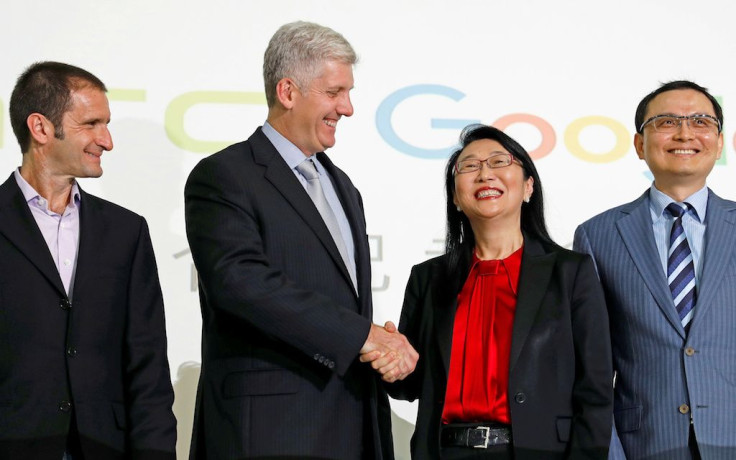Google Is Buying Part Of HTC's Smartphone Division For $1.1 Billion

Google and HTC have announced that they have entered a US$1.1 billion cooperation deal wherein a number of HTC’s employees will join Google. Additionally, Google will receive a non-exclusive license for HTC’s intellectual property.
Under this deal, HTC will receive US$1.1 billion from Google in cash. The transaction itself is expected to close in early 2018. Some of the HTC employees that will join Google as part of this agreement are actually already working on the company’s upcoming new Pixel smartphone.
“HTC has been a longtime partner of Google and has created some of the most beautiful, premium devices on the market,” Google’s senior VP of hardware Rick Osterloh said. “We're excited and can't wait to welcome members of the HTC team who will be joining Google to fuel further innovation and future product development in consumer hardware.”
It was rumored previously that Google might acquire HTC’s smartphone business, but this deal seems more like an acquihire wherein one company buys another for its skills and expertise staff.
The two companies didn’t reveal exactly how many HTC engineers and employees will be part of Google. However, HTC’s chief financial officer, Peter Shen, told The New York Times that the company will still have more than 2,000 research and design staffers down from 4,000. As part of this deal, Google will also have non-exclusive license for some of HTC’s IPs.
It’s expected that Google will use this agreement to further strengthen its hardware strategy. Previously, the company would partner with several other companies to develop, manufacture and release smartphones under the Nexus brand. Starting with last year’s Pixel and Pixel XL smartphone, Google’s new hardware strategy is to start making smartphones on its own and under its own brand.
Meanwhile, HTC will continue operating as its own company and it still plans to develop smartphones on its own. The Taiwan-based company will also continue its virtual reality business with the Vive VR headset, which is a separate division from the company’s smartphone business.
“As a pioneer of the smartphone market, we are very proud of our history of innovation. Our unmatched smartphone value chain, including our IP portfolio, and world-class talent and system integration capabilities, have supported Google in bolstering the Android market,” HTC CEO and chairwoman Cher Wang said.
“This agreement is a brilliant next step in our longstanding partnership, enabling Google to supercharge their hardware business while ensuring continued innovation within our HTC smartphone and VIVE virtual reality businesses. We believe HTC is well positioned to maintain our rich legacy of innovation and realize the potential of a new generation of connected products and services.”
HTC also revealed that its remaining smartphone engineering staff are already working on the company’s next flagship Android smartphone. This device will follow the HTC U11, which was released early this year. It’s likely that HTC’s next flagship device may arrive in 2018 since the deal with Google is expected to close around that same time, as pointed out by The Verge.
© Copyright IBTimes 2024. All rights reserved.











